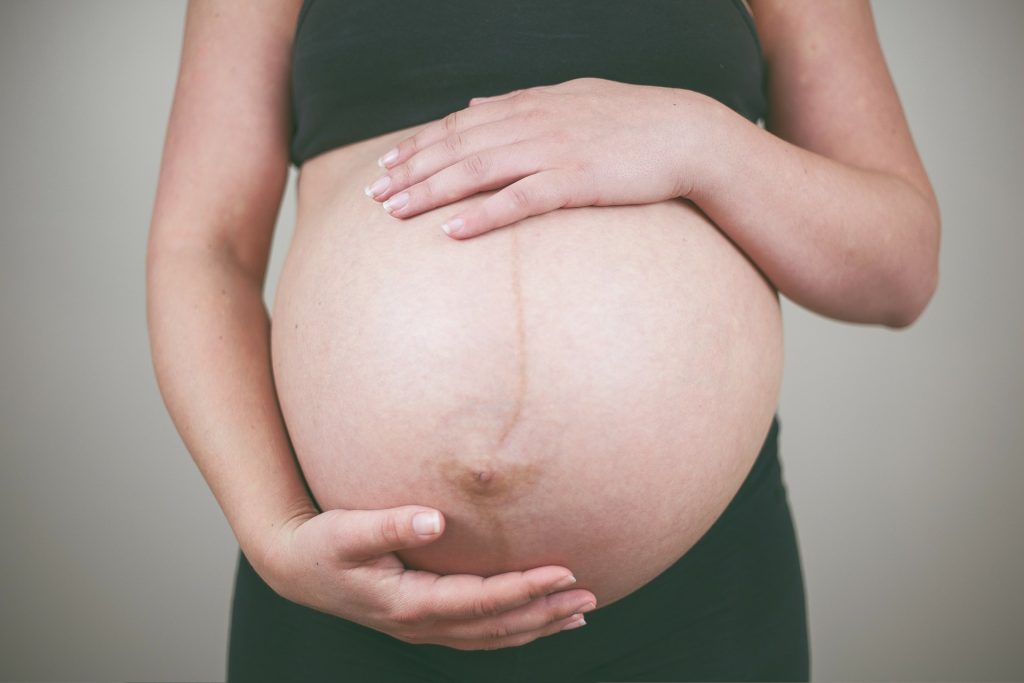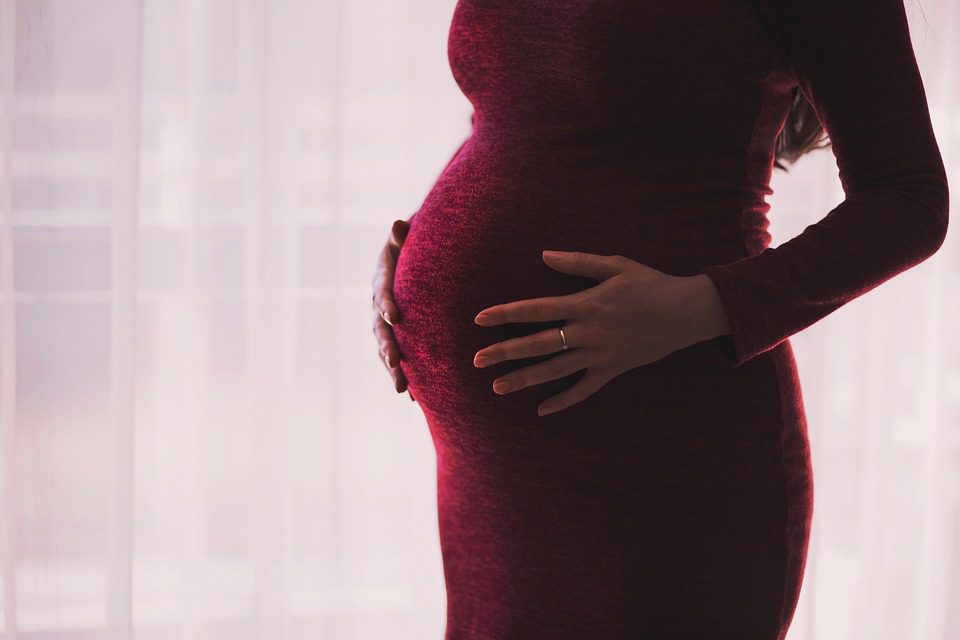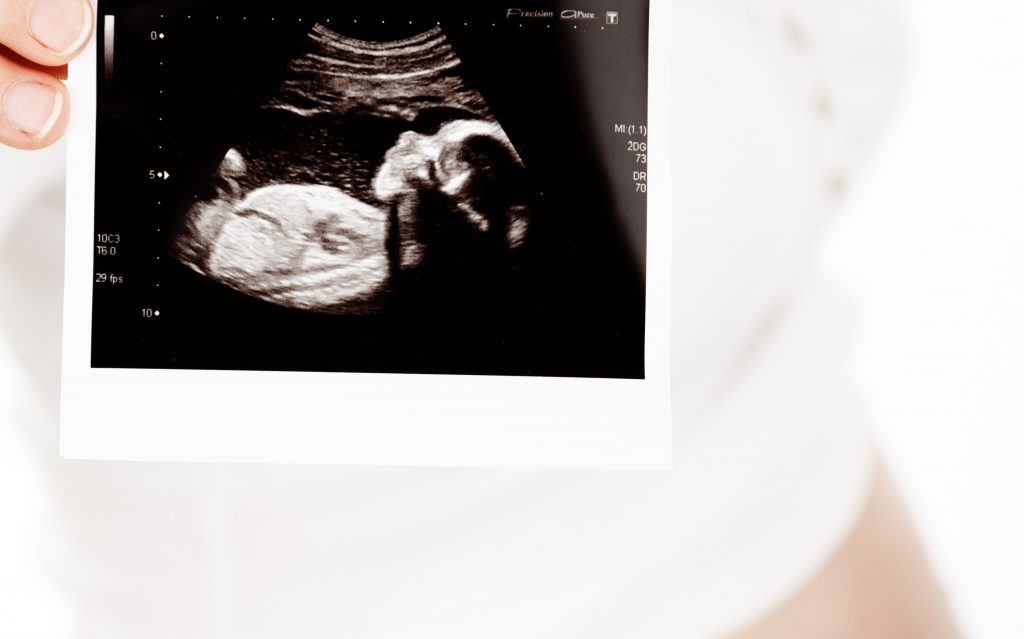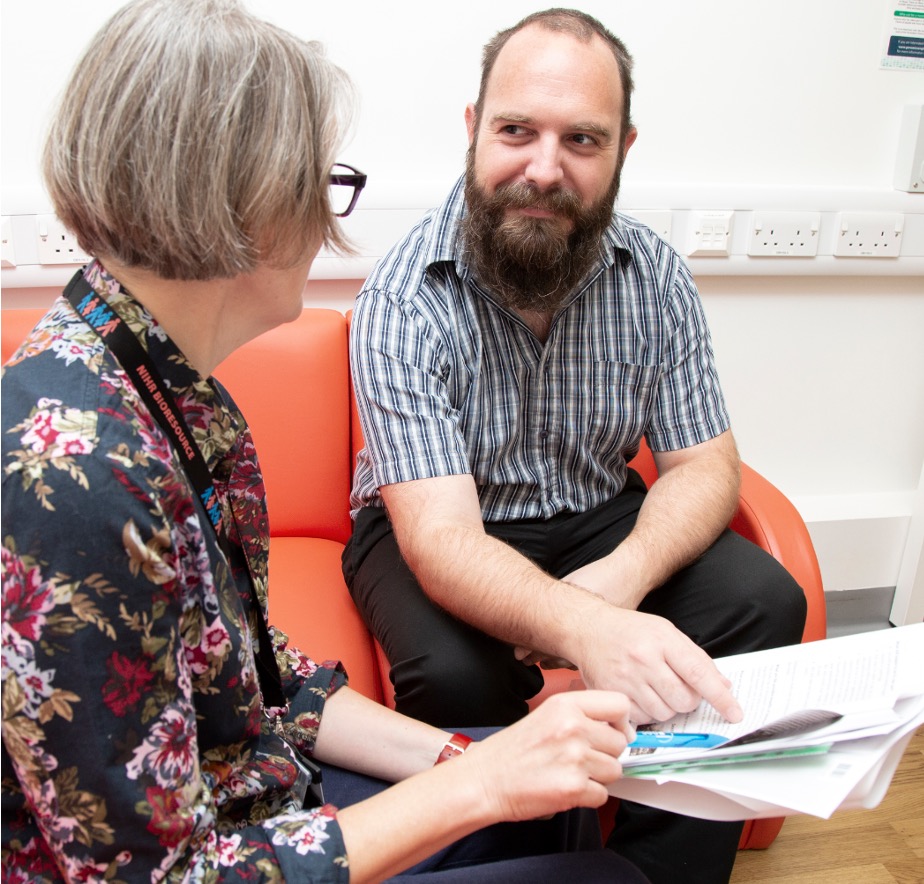Our research: case studies

New gene variants identified that cause hypertension in pregnant women
A new international study supported by the NIHR Cambridge BRC has found a unique pair of gene variants that cause sudden onset high blood pressure in pregnant women.
Hypertension (high blood pressure) affects 30% of adults, who may then need long-term treatment to help prevent strokes and heart attacks.
For one in 10 of these patients, their hypertension is caused by a tiny benign nodule in one of the adrenals. These are glands near the kidneys that produce steroid hormones, including aldosterone that stimulates the kidneys to retain salt and hence increase blood pressure.
The research team found a number of gene variants which cause the production of high levels of aldosterone from small adrenal nodules, including a unique pair of new variants which always occur together. Patients in this group are mainly women, who present with sudden onset of high blood pressure and low blood potassium in the early months of a pregnancy.
Once the cause of the women’s hypertension was identified, they were able to complete a successful pregnancy and after birth had their adrenal nodule removed, curing their hypertension completely and meaning they could stop all their drugs.
This is an abridged version of the article first published on our website on 13 August 2021.

Predicting the breech baby
Cambridge researchers are interested in reducing the complications among breech babies during pregnancy.
A baby is ‘breech’ when they have not turned to a ‘head down’ position for birth. When breech babies are spotted in the final stages of pregnancy, clinicians will attempt to turn the baby safely ready for a vaginal birth. Babies remaining in the breech position are usually delivered by caesarean to avoid the risks of breech delivery. However, not all breech babies are discovered before delivery under standard care.
Researchers wanted to investigate whether providing an extra scan late in pregnancy will help identify babies who are in a breech position earlier and reduce the risk of complications before labour or the number of emergency caesareans. Nearly 4,000 pregnant women were invited to have an extra ultrasound at 36 weeks. Almost 5 per cent of babies were found to be breech and in about half of these cases the baby had been thought to be in a head first position. Identifying these previously undiagnosed cases enabled clinicians to intervene or plan for a caesarean section. On day of delivery, there were no undiagnosed breech deliveries by women participating in the study. Women whose scans showed their baby was breech had their baby turned or delivered by planned caesarean.
Researchers used the Cambridge data to estimate what might happen if such a scan was introduced nationally. They showed that it could prevent ~4000 emergency caesareans each year in the UK and prevent 5-10 baby deaths. The findings led to questions in Parliament and the research team is working with the NHS makers policy to construct the case that late pregnancy ultrasound is part of normal care for pregnant women.

Expecting a boy or girl could influence pregnancy risks
Researchers have found that a baby’s sex could control why some mothers are more at risk to some diseases such as pre-eclampsia…
Researchers studied more than 4,000 first-time mothers by analysing blood samples and the placenta. They found that the placental genes controlled a small molecule called spermine – a metabolite which is a substance involved in the metabolism. This molecule is important in all cells and essential for the growth of some bacteria.
They observed female placentas had a high level of the enzyme that makes spermine, and women who were pregnant with girls had a higher level of spermine in their blood compared to women who were pregnant with boys. So these findings might explain why women expecting a girl are more at risk of complications such as pre-eclampsia and women expecting a boy are more at risk of the baby not growing at a normal rate inside the womb.
This research could help doctors predict women who are at higher risk of pregnancy complications.

Screening babies earlier to prevent complications later
Researchers in Cambridge wanted to investigate ways of preventing serious problems during pregnancy such as fetal growth restriction, preeclampsia and stillbirth.
Using ultrasound scans, a study was conducted to look at growth restriction in babies before they were born and whether the scans could be an indicator of any problems before birth.
The women who participated were offered extra scans in the later stages of their pregnancy so researchers could investigate the growth of their baby in the womb. Then after they had given birth, the babies were measured, and tissue samples from the placenta and umbilical cord were collected.
After scanning more than 4,500 women, researchers were able to demonstrate that extra scans from 24 weeks could be a predictor of adverse pregnancy outcome. However, they are working now on whether biomarkers might improve such prediction when combined with the scan results.
It is hoped that women could potentially be identified as a ‘high risk’ using these new screening tests before they experience complications. Doctors would then be able to act to prevent complications to themselves or the unborn baby.

